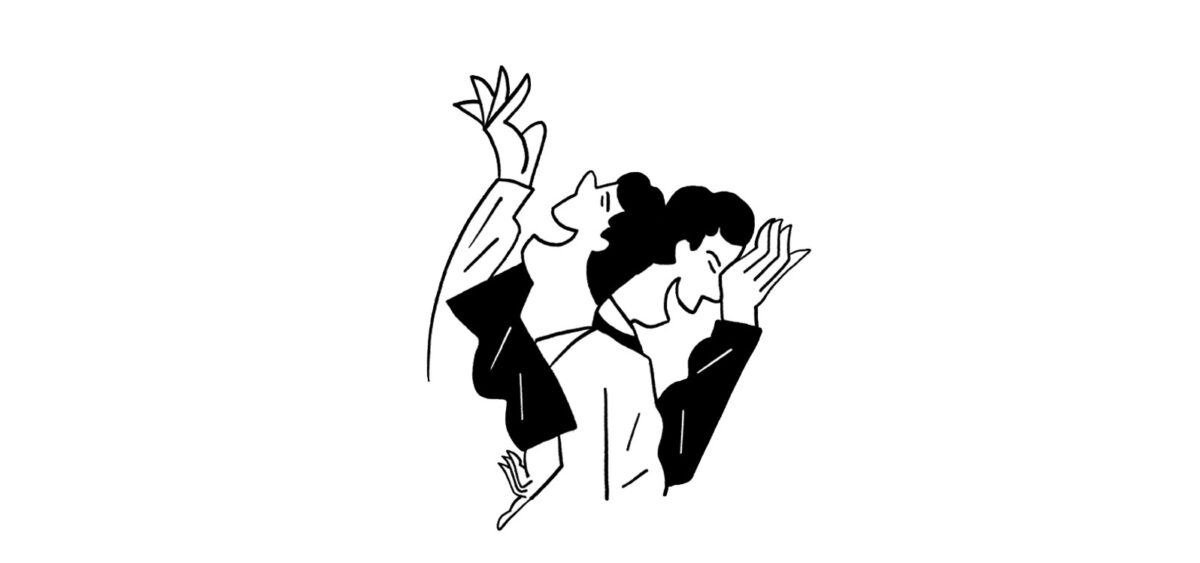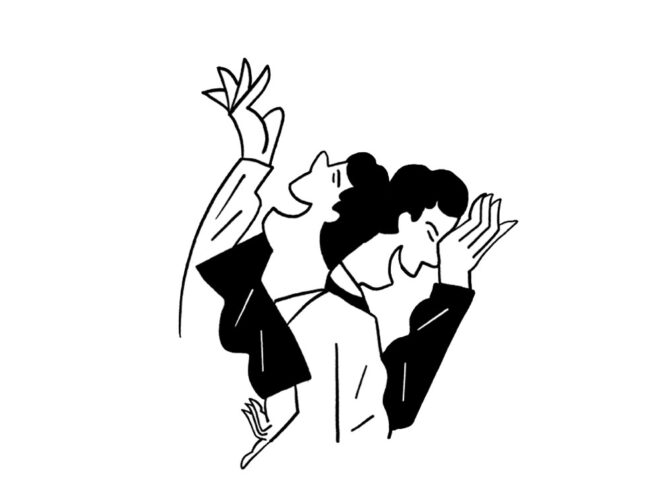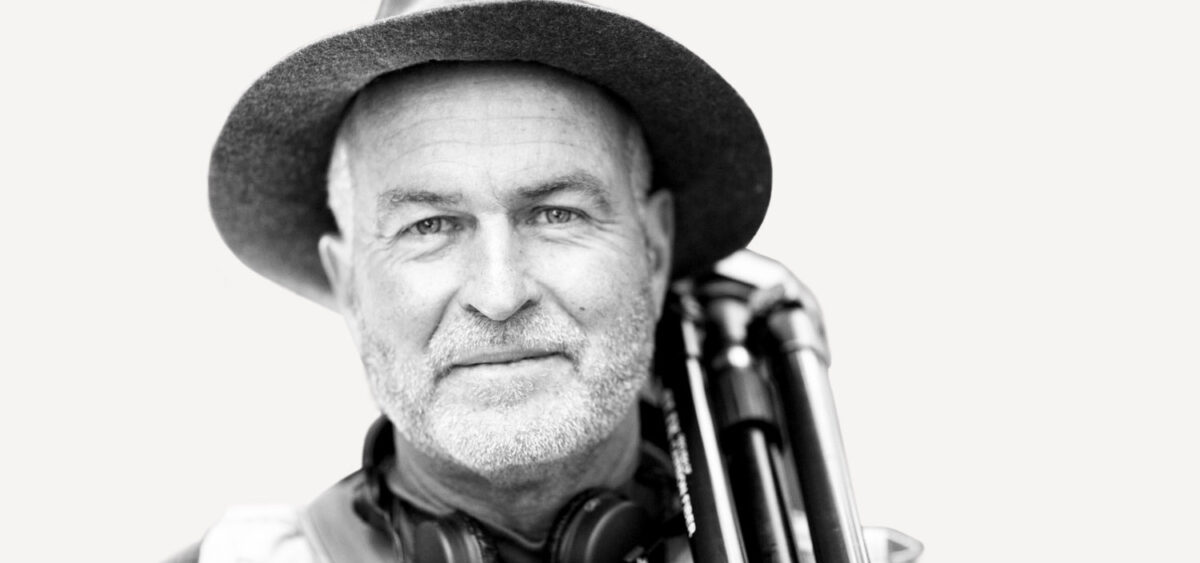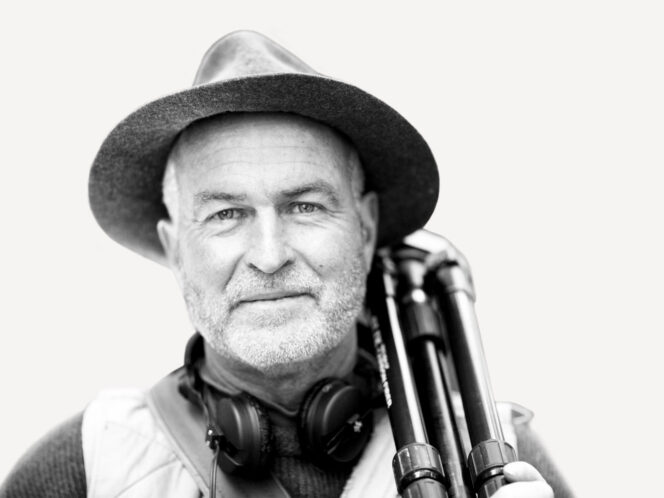
Sebastian Gendry, a ha-ha-highly gifted proponent of a certain ultra-serious method of strengthening the immune system, speaks perfectly seriously with Maria Hawranek.
Maria Hawranek: Supposedly you’re not funny.
Sebastian Gendry: Unfortunately. I can’t amuse an audience.
And even so, you make everybody laugh.
The word laughter in English, French, or Polish doesn’t really mean anything. When you say you’re exercising, what are you really thinking of? A walk, or a marathon? We have to be more precise. There are five types of laughter in total. Culturally, it’s easiest for us to recognize spontaneous laughter, which appears for example when we react to something funny.
What are the other types of laughter?
The second is stimulated laughter, meaning the effect of a specific action, such as tickling. Stimulating somebody to laugh this way is OK only if the other person can say ‘no’. The third type is induced laughter, of the chemical type. It’s caused by something like breathing in nitrous oxide, and is used only for medical purposes. The fourth is pathological laughter, when somebody can’t hold themselves back.
Like the Joker?
Not entirely. For him it was more an expression of pain. Pathological laughter, which requires pharmaceutical treatment, affects a small percentage of people with brain damage, such as that acquired from a stroke, or Alzheimer’s disease. And finally the fifth category: intentional laughter—voluntary—which I use in my work. You can decide on it consciously. This type of laughter is the simplest way to look into your own internal medicine chest and get your positive chemistry moving. In the 1970s, it was described by the American psychologist Annette Goodheart as a way of treating the mind, and it became known thanks to the practices of Indian laughter yoga, which, during the past two decades, inspired thousands of laughter clubs around the world.
Isn’t this intentional laughter somehow forced? Artificial?
Words are extremely important: forcing yourself is a bad idea—you allow this laughter. It’s not about pretending; you really want to laugh, you choose this consciously. The world of laughter therapy is completely counter-cultural: everybody agrees that laughter puts you in a good mood, that it’s








